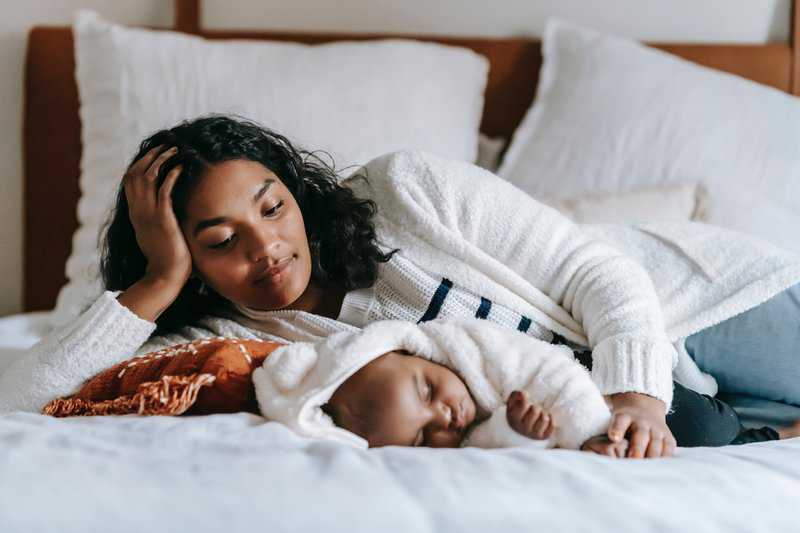Sleep apnea is an ailment that has typically been associated with adults. But it’s absolutely possible for this serious condition to occur in kids, too. There are some key signs to look out for when it comes to identifying sleep apnea in kids, and your pediatric dentist in Overland Park is here to help.
What is Sleep Apnea?
Sleep apnea is a serious condition that causes someone to stop breathing during sleep, often several times a night. This can result in reduced oxygen levels and an increase in carbon dioxide and leave kiddos feeling unusually tired throughout the day. Sleep apnea in kids can also be tied to other problems such as learning, behavior, growth, and heart conditions. Oftentimes, those with sleep apnea don’t even know that they wake up during the night.
What Causes Sleep Apnea in Kids?
One of the main purposes of sleeping is to relax and help our bodies recover through rest. So it’s only natural that our muscles relax while we sleep. However, if the muscles in the back of the throat relax too much, it can block the airway and make breathing difficult. This may be more common in kids that have large tonsils or adenoids. But that’s not the only thing that can contribute to sleep apnea. Other factors include:
- Other family members having sleep apnea
- Being overweight
- Down syndrome or cerebral palsy
- A large tongue
Signs of Sleep Apnea in Kids
The most common symptoms of sleep apnea in kids are similar to those in adults, such as:
- Snoring
- Sleepiness
- Gasps or pauses in breathing, or heavy breathing during sleep
- Bedwetting
- Behavior or learning difficulties
If you notice any signs of sleep apnea in your child, call your pediatric dentist in Overland Park for an appointment.
Long-Term Problems Associated with Sleep Apnea
Because a child with sleep apnea doesn’t typically get a good night’s rest, they’re more likely to be tired and may have difficulty waking up in the morning. Kids with sleep apnea may also:
- Fall asleep during the day
- Have attention problems
- See poor performance or have behavior concerns in school
- Experience levels of hyperactivity
- Develop a long face, gummy smile, misaligned teeth
It’s not uncommon for kids with sleep apnea to be misdiagnosed as ADHD or other learning difficulties so it’s important to get the opinion of your pediatric dentist in Overland Park.
How is Sleep Apnea in Kids Treated?
Treatment for sleep apnea is possible, but the best way to treat your kid’s sleep apnea will depend on their specific situation and needs. Some options include:
- Taking medications or nasal sprays
- Having tonsils removed
- Removing adenoids
- Using a CPAP
- Sleep with an oral appliance
Sleep apnea is a serious condition that requires a proper diagnosis and treatment to help relieve symptoms. If you suspect that your child may have sleep apnea, don’t hesitate to call your pediatric dentist in Overland Park to schedule an appointment.
Welcoming new patients at all of our pediatric dentist offices in Johnson County and throughout the Kansas City area including in Overland Park, Prairie Village, Olathe, and Kansas City.
